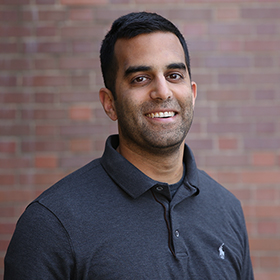A new wave of school district-led “innovation zones” holds promise to improve the substandard quality of education experienced by many low-income students, one of the most effective ways to put disadvantaged kids on a pathway of upward economic mobility. These zones provide a subset of district schools with control over staffing, curriculum, and budgeting. Nonprofits typically operate the schools and districts hold them accountable for significant improvement in student outcomes.
Download a Copy of the Full Report
We profile the experiences of five school districts at the vanguard of innovation zones—Chicago; Denver; Indianapolis; Memphis, Tennessee; and Springfield, Massachusetts. These innovation zones reveal certain design features that place a focus on improving teaching and learning over multiple years—the heart of any successful school turnaround effort.
Interest in innovation zones has picked up in recent years as legislatures in several states, including Colorado, Indiana, and Tennessee, have given school districts the authority to grant schools varying degrees of freedom from school district and state policies. A number of philanthropists across the country have made multimillion dollar investments to help school districts implement their innovation zone strategy. In a related article, we profile the experiences of three funders who have invested in this new wave of innovation zones and believe that such zones have to the potential to boost funder confidence in district investment.
- The AUSL Way: Moving from "Good" to "Truly Excellent"
- From Innovation Schools to an Innovation Zone in Denver, Colorado
- Innovation Network Schools in Indianapolis: Phalen Leadership Academies Takes the Lead
- Built to Last: The Springfield Empowerment Zone Partnership, Springfield, Massachusetts
- Proving What's Possible: Shelby County (Memphis) Public Schools, Tennessee




